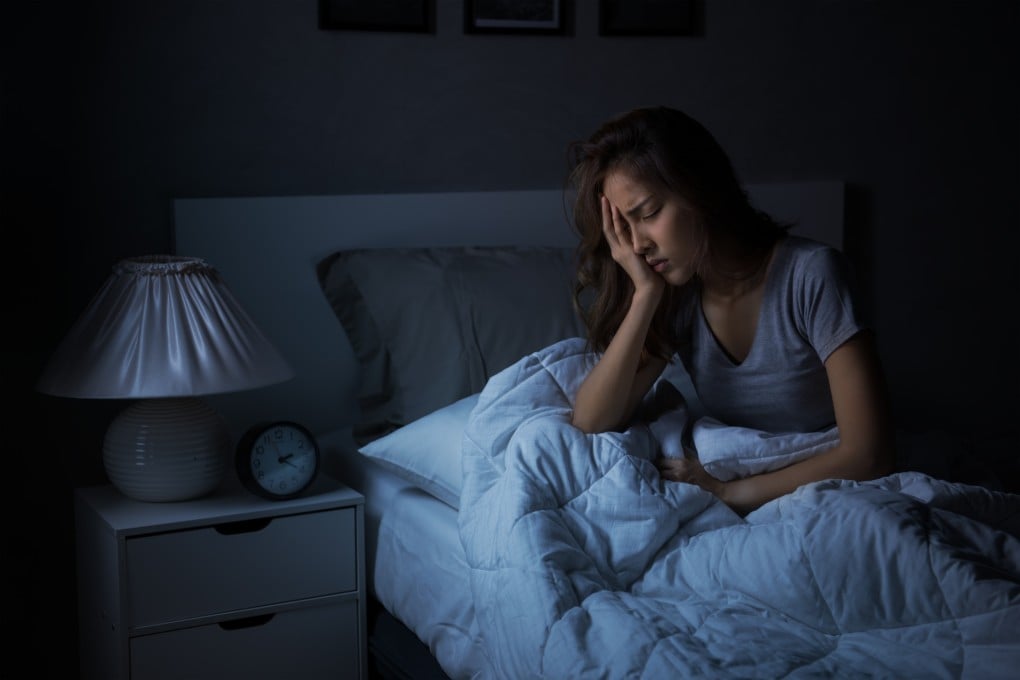Outside In | Sleep is a booming business. Here’s why that’s a problem
- Getting a good night’s sleep has become a lucrative business with a range of solutions from supplements to sleep tourism being touted
- The industry is populated by serious academics and pharmacologists but, with so much we still do not know, snake-oil treatments also proliferate

Of course, they were exaggerating a little. I’m sure there are many hundreds of millions in the poorest parts of the world, or the most conflict-ridden areas, who have more pressing things on their minds than sleep. This is perhaps why sleep equality was touted as the theme for World Sleep Day 2024.
The industry is populated by serious academics and pharmacologists but also a large community of people who make grand claims about sleep supplements despite limited scientific evidence of their effectiveness.
Globally-respected scientists like Masashi Yanagisawa at the University of Tsukuba in Japan and Matthew Walker at the University of California, Berkeley, have made serious progress in understanding the triggers for sleep and wakefulness, as well as the symphonic stages of sleep, oscillating between REM sleep, in which we dream, and deep dreamless sleep dominated by long waves that “wash” the brain and help clear the amyloids strongly linked with Alzheimer’s and other forms of dementia.
